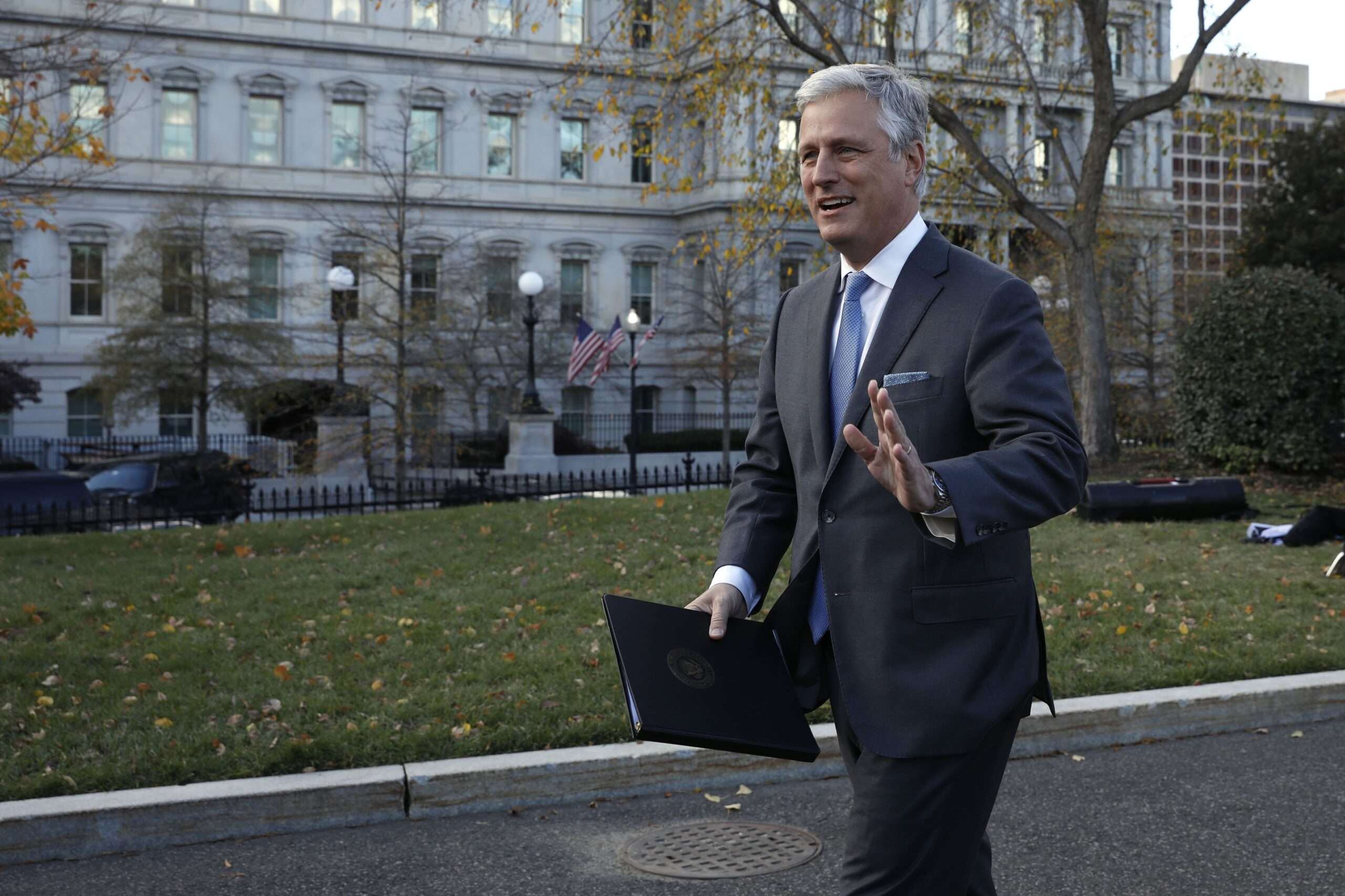Former President Donald Trump’s trade war with China did not go as planned, and one of his former advisors is now acknowledging that fact.
This week, Semafor‘s Morgan Chalfant wrote about the potential trade policies of a second Trump administration. Towards the end of his first term, Trump reached a $200 billion deal with China. However, for a potential second term, Trump has proposed a 10 percent tariff on all imports, with additional tariffs as high as 60 percent on goods from China, the country’s third-largest trading partner.
“I don’t think we’re going to see a deal like we saw in the first term,” stated Robert O’Brien, Trump’s former national security advisor, in an interview with Chalfant. “I think people were generally satisfied with [the previous deal], but as it turned out, the Chinese did not uphold their end of the bargain.”
Trump is known for his deal-making prowess and views free trade negatively, diverging from traditional Republican views on the matter.
In March 2018, Trump boldly tweeted, “trade wars are good, and easy to win”—a statement that proved to be overly optimistic given his limited experience in trade policy.
However, the practical implementation of his trade policies resulted in tariffs ranging from 10-25 percent on Chinese imports, leading to significant costs for American consumers. China retaliated with tariffs of its own, impacting various American industries such as soybean farmers and craft distilleries.
In January 2020, Trump announced a “historic trade deal” with China, where China agreed to increase purchases of American goods. However, the actual results fell short of the promised figures, with China failing to meet the agreed import levels.
Furthermore, the deal did not address the damage caused by Trump’s initial trade war, as tariffs remained in place, raising costs for American companies. The agreement also failed to remove China’s retaliatory tariffs, potentially directing Chinese demand for US exports towards state-owned enterprises.
Trump’s tariffs, along with those imposed by President Joe Biden, continue to increase prices for American consumers.
In conclusion, Trump’s trade war strategy ultimately resulted in higher prices for consumers and a decline in American exports, making it a failed approach to trade relations.






